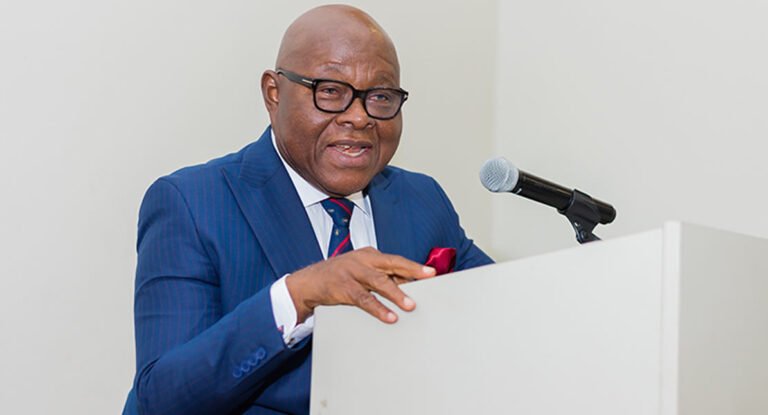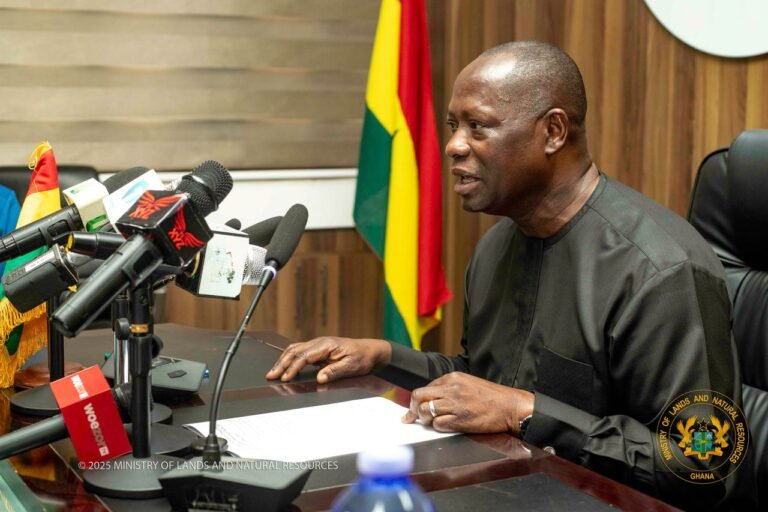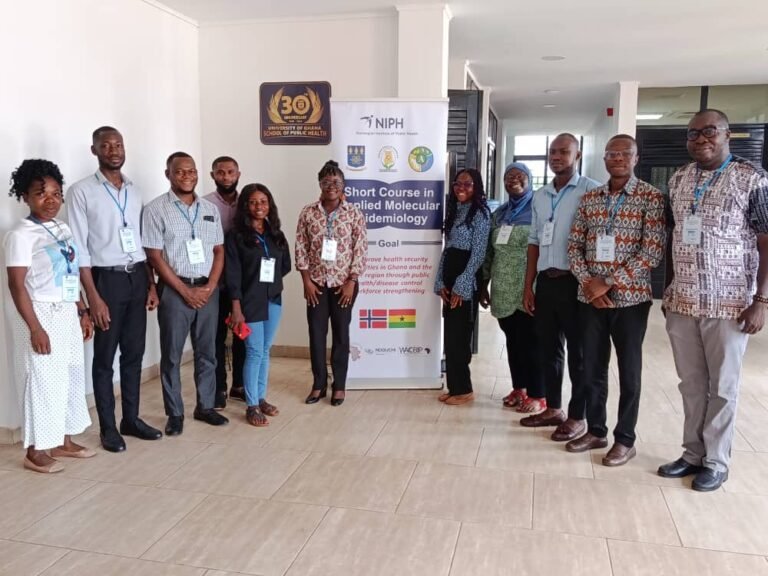
Information Minister Kojo Oppong Nkrumah
Government has started initiating measures to engineer post Covid-19 recovery plan for the economy, Information Minister Kojo Oppong Nkrumah has revealed.
Seconding a motion to set the tone for debate on the 2021 Budget Statement and Economic Policy of Government, Mr Oppong Nkrumah said the country is at a point in history where it has no choice but to begin to engineer the recovery of the economy. The Budget was presented to Parliament last week.
“Mr Speaker, we are at a point in our history which has no other choice than to begin to engineer the recovery of this economy. This economy, which was growing at an average of about seven per cent over the last three years, now came down to 0.9 per cent in 2020,” Mr Oppong Nkrumah said.
Back on track
Osei Kyei-Mensah-Bonsu, who delivered the 2021 Budget in Parliament, due to the absence of the Finance Minister-designate, Mr Ken Ofori-Atta, explained that Government intends to roll out a number of programmes, including vaccinating 20 million Ghanaians by the end of the year. He said this is part of the measures to achieve economic recovery.
This, he said, is to ensure that full economic activities resume for the stimulus and investments made to bring back strong economic growth.
He said Government had laid down a clear plan to invest and stimulate growth in some specific sectors, citing “Ghana CARES Obaatanpa” programme.
He explained that under the programme, the government would ensure food security, support 1.5 million farmers with fertilizers and seeds as well as extend assistance to rice millers and poultry farmers.
Mr Oppong Nkrumah also stated that all the economic indicators point to positive economic growth for the country for the year 2021, saying Ghana is moving forward.
He explained that the economic progress came about as a result of the leadership provided by the Executive, strong checks and balances provided by the Legislature and the hard work of the people in the country.
Share economic burden
Meanwhile, Finance Minister-designate Ken Ofori-Atta says the newly-imposed taxes announced in the 2021 Budget Statement and Economic Policy are meant for every Ghanaian to shoulder some of the economic burden on the government.
He mentioned during a virtual post-budget forum by PricewaterhouseCoopers: “If you look at the taxes, we do have issues of sanitation, and the Delta Fund for energy, and those have to be tackled.”
“So, the petroleum taxes are supposed to help contribute toward that,” he explained.
He added: “Then we have the one per cent of VAT, which, essentially, is looking at making sure that we are able to pay for the vaccines and get our people working so we don’t have lockdowns, and so that our infrastructure for healthcare will be a lot more robust.
“Our financial sector also has attacks. All of these associations, somehow, have an impact on revenue collection. There has to be a collective responsibility on that. We have seen the robustness of the sector over the past three or four years, and, therefore, I’m roping them in on their part as a shared burden philosophy in terms of the way forward.”





